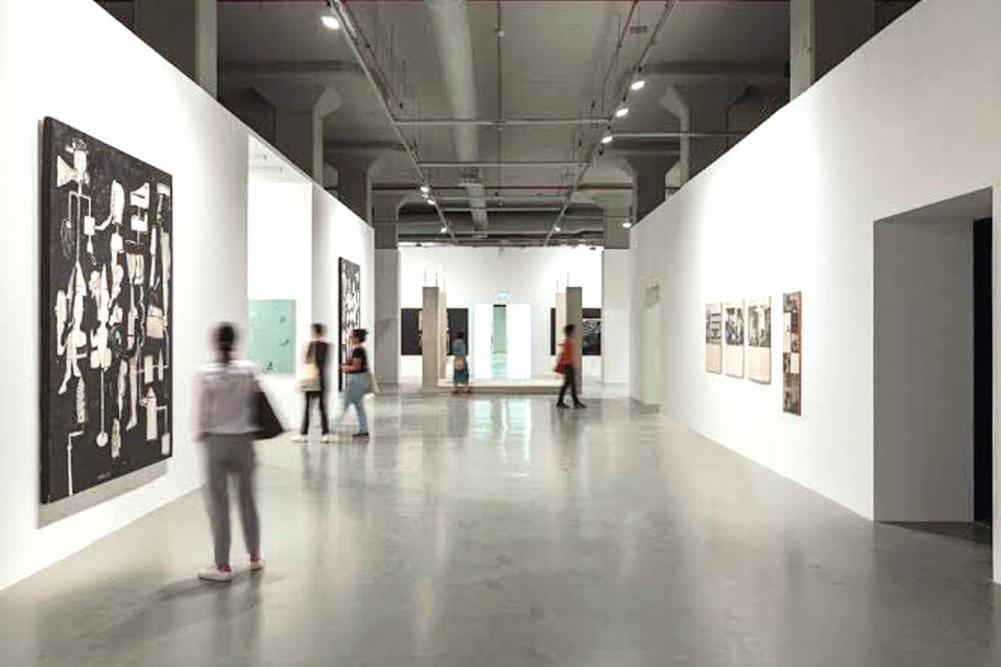Istanbul Biennial reveals curatorial vision for 17th edition
ISTANBUL

The 17th Istanbul Biennial will take place between Sept. 11 and Nov. 14 this year. Held in the midst of a pandemic and increasing social and environmental dysfunction, this edition of the biennial will be very different from its predecessors in its scale, its methods and its objectives, according to a statement made by the curatorial team, including Ute Meta Bauer, Amar Kanwar and David Teh.
This edition will exceed the normal duration of biennials, starting before and ending long after the usual eight-week season. It will engage all the senses and multidisciplinary creation beyond the visual arts; a range of smaller, more intimate venues will welcome diverse local communities, while the broadest possible public will be addressed on the airwaves and online.
“As art organizations all around the world face urgent, existential questions – questions of survival and relevance about how they operate, for whom and to what ends – biennials are not immune. They must lead. Art can refresh the vocabularies of public discourse; it can open new pathways of thought at a time of acute and complex planetary crisis. We cannot miss the opportunity to rethink what art can offer, what it can actually do,” the statement said.
Rather than a theme or title, what unifies this 17th edition is a process: Composting. A wide range of artists and other initiatives have been invited to share and develop the raw elements of their practices. The biennial will serve as a seedbed or nursery for a few months or more, in which to sew, transplant, nurture and fertilize, to see what sprouts.
An extensive program of projections, soundings, dialogues and exhibitions across the city and elsewhere will follow six intertwined threads in the biennial.
“Geo-poetics / Elemental Politics” highlights struggles over our planet’s most basic resources. Projects centered on “News and Pedagogy” rethink how we become informed and educated in an age of privatized knowledge and shrinking public spheres. “Ancient Solutions” seeks insights into today’s intractable problems in unorthodox practices sidelined by modernity. “Synaesthesia” explores the trans-sensory pathways between disciplines and between art forms, while a thread called An-archiving finds artists mobilizing the resources of the past by way of use, rather than collection. The exhibitions will support and deepen these public exchanges, rather than the other way round.
















